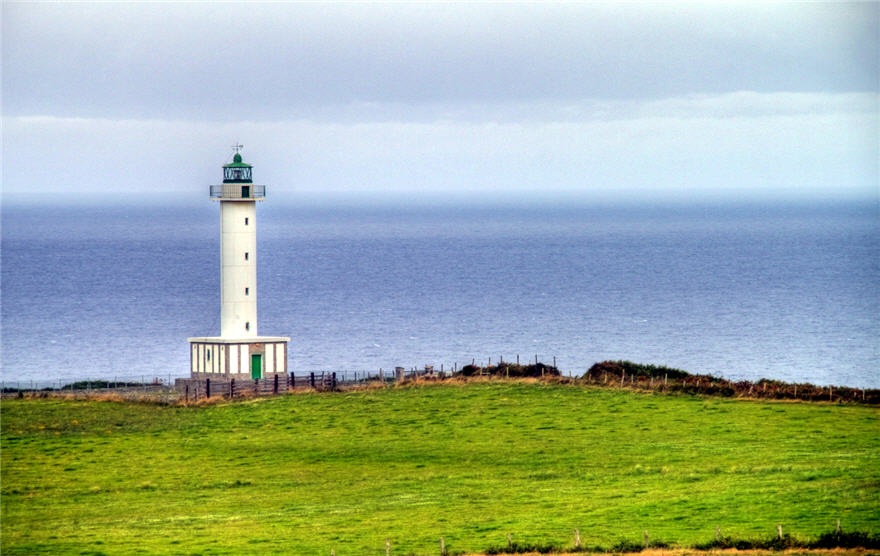Vamos con la entrega número 17 de estas Incognitosis de fin de semana en la que hay doble de enlaces porque la semana pasada, como sabéis, no hubo entrega. De hecho, aquí tenéis tantos enlaces que casi es una entrega perfecta preveraniega. Además de entrar en esta lista probablemente he incluido estos artículos tanto en mi cuenta de Twitter en algún momento de la semana como, sobre todo, en Flipcognitosis, esa joya (je) de revista en Flipboard con estos contenidos y algunos más. Ahí van los enlaces:
- Miserias blogueriles cotidianas (Carlos Zahumensky / Liberad al Craken)
- The psychology of Soylent and the prison of first-world food choices (Lee Hutchinson / Ars Technica)
- Mucho, mucho, mucho sobre la keynote de Apple en la WWDC 2014:
- Apple y el efecto Cut & Paste (yo)
- Alpha Apps: The Smartphone Future No One Is Talking About (Suzanne LaBarre / FastCo)
- Juntos pero no revueltos, así ve Apple la convergencia (Eduardo Archanco / Applesfera)
- What’s Apple Really Up To? Keeping You in Apple World (Walter Mossberg / Re/Code)
- What’s Wrong With Mac OS X? (Michael Grothaus / FastCo)
- Mac OS X Yosemite Under the Magnifying Glass (Min Ming Lo / Pixelapse)
- Relacionada: Android vs. The iPhone: It’s All About The Cloud (Dan Rowinski / ReadWrite)
- Explaining iOS 8’s extensions: Opening the platform while keeping it secure (Andrew Cunningham / Ars Technica)
- A Satirical Map of the World’s Stereotypes That Makes No Attempt at Political Correctness (Kristin Kohenadel / Slate)
- The day I left my son in the car (Kim Brooks / Salon)
- Being Happy With Sugar (James Hamblin / The Atlantic)
- The Pocket Watch Was the World’s First Wearable Tech Game Changer (Clive Thompson / Smithsonian Magazine)
- Y cómo no: ha empezado el mundial -vaya palo el de ayer con el España 1 – Holanda 5- y hay contenidos interesantes, como estos:
- Beautiful game, dirty business (The Economist)
- Atentos al vídeo: Nike Football: The Last Game ft. Ronaldo, Neymar Jr., Rooney, Zlatan, Iniesta & more
- World Cup Shootout: Can Nike Beat Adidas at Soccer? (Brendan Greeley / Business Week)
- The Real Reason Americans Call It ‘Soccer’ Is All England’s Fault (Tony Manfred / Business Insider)
- Más lecturas ‘long form’ que prometen, reunidas en, cómo no, Longform.org
- How Comments Shape Perceptions of Sites’ Quality—and Affect Traffic (Adam Felder / The Atlantic)
- What’s Lost as Handwriting Fades (Maria Konnikova /The New York Times)
- It’s time for the US to use the metric system (Susannah Locke / Vox)
- Otro tema candente, el de la abdicación del Rey Juan Carlos I, que ha tenido muchísimo impacto mediático. Entre otras cosas rescato
- Who wants to shoot an elephant? (Wells Tower / GQ) y
- La censura en los tiempos de internet (Antonio Ortiz / Error500)
- Can the digital IKEA effect increase user engagement and brand loyalty? (Lars Damgaard)
- Semana intensa para mi en Xataka con El «mercader turco» en internet: cambia el precio en cuanto te reconoce y con Cómo serían los alimentos si a Silicon Valley le da por cambiarlos, sin descuidar La revolución de los smartphones «baratos» y el análisis de Ubuntu Touch en Xataka Móvil que tiene vídeo con todos los detalles.
- The Nightmare on Connected Home Street (Mat Honan / Wired)
- Why do all mobile roads lead back to the Palm Pre? (Jayanth Prathipati / The Tech Block)
- Why Was the Computer Never Patented? (Madeleine Monson-Rosen / io9)
- The boy who stole Half-Life 2 (Simon Parkin / Eurogamer)
- Ars tests Internet surveillance—by spying on an NPR reporter (Sean Gallagher / Ars Technica)
- Lo que Google no ve (Daniel Verdú / El País)
- Y una de fotos, D-Day in Color, Photographs from the Normandy Invasion (Katie Wood / Denver Post)
¡Buen finde y que disfrutéis de la lectura!

